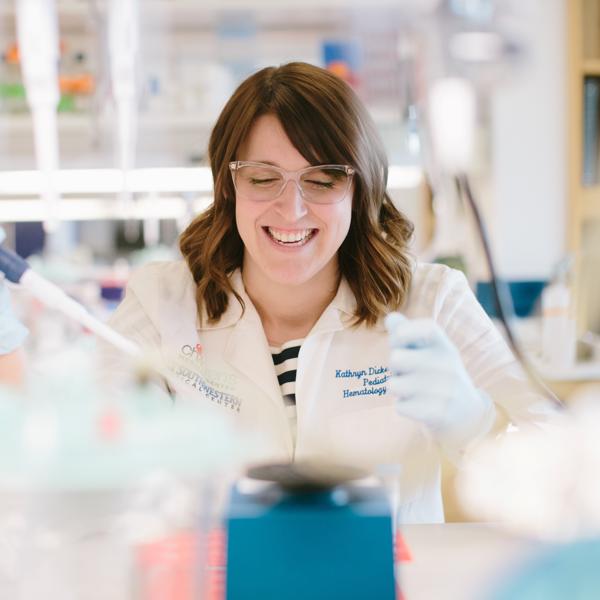Featured Story
Latest Content

February 9, 2026
Bronchopulmonary dysplasia outcomes after tracheostomy: Data-driven paths to ventilator liberation
A study from Children’s Health provides insight on the timeline from tracheostomy to respiratory independence for children with bronchopulmonary dysplasia – and several keys to supporting their health and growth along the way.

February 4, 2026
Redefining care for congenital heart disease through pediatric-adult collaboration
By uniting pediatric and adult cardiology expertise, our Adult Congenital Heart Disease program delivers coordinated, lifelong care that improves outcomes for patients with CHD. Discover how this approach is shaping long-term survival.

February 3, 2026
Research reveals treatment disparities for Texas youth with depression
New research reveals gaps in access to effective depression treatment for Texas youth – and highlights efforts underway to expand care and improve outcomes.

February 3, 2026
Retethering risk after filum terminale surgery: Insights from a large meta-analysis
Surgery to free a tethered spinal cord may prevent or halt serious neurological symptoms in kids. But sometimes a released cord scars down again. A meta-analysis of 10 studies provides evidence for how pediatric neurosurgeons can improve outcomes.

January 19, 2026
First evidence-based guidelines for pediatric IBS and functional abdominal pain
Learn how Children’s Health collaborated on the first-ever global guidelines for pediatric IBS and functional abdominal pain, offering gastroenterologists evidence-based recommendations to improve care for gut-brain interaction disorders.

January 6, 2026
Study reveals CBT reduces perceived child vulnerability after prolonged NICU stays
Standard NICU care appropriately prioritizes the infant, but parents’ perceptions of child vulnerability can shape caregiving behaviors that affect a child’s health and development. A new study at Children’s Health demonstrates that cognitive behavioral therapy (CBT) reduces parental perceived child vulnerability (PPCV), offering a targeted approach to supporting families after NICU discharge.
Quarterly Newsletter
transforming pediatric health care
Stay up-to-date on the latest triumphs in pediatric care – right in your inbox. Receive the latest on research, continuing education, system wide news and more. We hope you'll join and stay in touch!
Sign Up Today